|
Writing a literature review is daunting (hey, writing a dissertation is daunting!)
While dissertation formats vary between universities and disciplines, most (if not all) require a literature review. In this post I'll walk you through my process in developing an organization system that helped me write my dissertation literature review. It's a long post, but I wanted it all to be in one place for you so it's not broken up into different articles. First, I'll walk you through my back story in the dissertation literature review process, and describe my overall system of organization. Then, I'll describe 2 methods to take you from reading articles to taking notes to organizing your notes into themes. Lastly, I'll wrap up with thoughts on how to continue your literature review in a cohesive and transparent way. All external links open in a new window.
4 Comments
What an eye-opening statement from Angel Borja, established scientist, and experienced reviewer and editor.
In this post, we'll summarize some key writing tips aimed at strengthening your argument. We'll also think about what peer reviewers and editors are looking for in a submitted manuscript. All of these tips build strongly upon what we've discussed in the #EpiWritingChallenge so far - keeping it simple, writing clearly, getting to the point, etc. With that being said, I'll get to the point.
Take the guesswork out of your head and speak aloud, and typing as you speak.
If this feels silly, or if you’re feeling overly influenced by seeing your text on the screen, then cover the screen and type blindly.
On Day 3 of the challenge (Read Before You Write), we talked about reading before you write. Many of the #EpiWritingChallenge participants were excited that reading counts as writing and they shared tips on how you stay on top of your reading piles.
Dr. Bill Miller pointed out the flip-side of challenging reads: it's not that the content is necessarily complicated, but that it is likely poorly written.
Is that how you feel, too? Or do you start with an outline every time you write?
No matter which camp you're in - or even if you're straddling both sides - let's go through the basics of using an outline to plan your writing so you can make an educated decision.
By the way, if you haven't jumped on the Grammarly train yet, you're really missing out. The plug-in is easy to use, and not-in-the-way. It's helped me improved my writing on every platform I type on (which is all of them).
Check it out here and at @Grammarly on Twitter.
Never stop learning, never stop reading.
Today we're talking about scheduling time for writing and making space for writing - both to improve productivity and to create a new habit. Let's jump in.
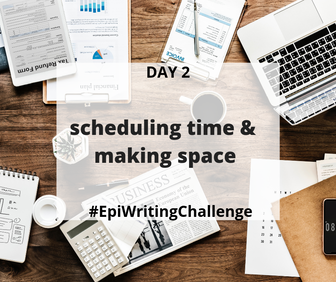
Creating a new habit takes time, and with something like writing, it’s particularly effective to take advantage of your most productive time of day.
We often kickstart our mornings by checking our emails (here’s 7 reasons why you shouldn’t start your day with that) but if you’re a morning person, blocking off time to write would be better use of your time.
Goals for writing challenges often fall in one of several types:
You may have an overall objective of finishing your dissertation, or a large project, or making time in your daily schedule to improve your writing. All of these can be broken down into SMART goals. The first #EpiWritingChallenge occurred in November 2018. All 20 days are documented here as blog posts, and have been edited to be applicable beyond the challenge. Learn more about the #EpiWritingChallenge here.
We heard from Bill Miller, Editor-in-Chief of STD Journal, and Associated Editor at Epidemiology, Tim Lash, Editor-in-Chief of Epidemiology, Andy Olshan, Editor-in-Chief of Current Epidemiology Reports, Petra Wark, Associate Editor at Nutrition Journal, Justin Lessler, Associated Editor at American Journal of Epidemiology, Nicola Low, Deputy Editor at STI BMJ and Specialty Consulting Editor at PLOS Med, and Emily DeVoto, Deputy Editor at Epidemiology.
One of my favorite parts of being part of a professional Twitter community like #EpiTwitter is how it brings together all the ranks – from students to trainees to early career professors and the highest and mightiest. This #AskTheEditor event was a prime example. Bill Miller, the chair of the Epidemiology Department at the Ohio State University proposed the idea, and I eagerly jumped on board. We rounded up some great editors and had people tweet us their questions.
I’ve summarized the great questions and answers exchanged during the course of the day, and categorized them generally below. Be sure to bookmark this page, and feel free to share with colleagues. At some point in your grad school career, you should be writing.
For me, it cycles through the challenge of writing while in classes to the wide open space of vacations and summers when I should be writing, but seem to do every other thing on my to do list before sitting down at my computer. Over the past few years, I've stumbled across some great writing resources, many provide subscription emails. A few subject lines from these resources popped out at me this morning from my inbox, and I'd like to share. To Be or Not To Be
In ninth grade English, one of our first assignments was to produce a book report without using the verb “to be” in any form. The purpose was to expand our vocabulary and make us actually think when we wrote (I think). It was hard, but it shaped how I approach writing. I would even say it helped me find my voice over the past decade. To continue reading, click below.
A past professor encouraged us to reformat our emails to busy supervisors. Often we start with pleasantries, and hide our true purpose for emailing in a body of text or at the bottom of the email. Get to the point with these templates.
To continue reading, click below.
When I have a particularly productive day working on my thesis, I come to a stopping point and just want to shut my computer and move to the next activity. While this is satisfying, it comes back to bite you in the bum.
The next day, when I open my computer, I have a plethora of documents open and datasets and do files without the slightest clue if its saved. I need multiple documents open when synthesizing results, but this system doesn't let you jump back in.
|
popular postsLike what you read?
categories
All
archives
July 2024
This website uses marketing and tracking technologies. Opting out of this will opt you out of all cookies, except for those needed to run the website. Note that some products may not work as well without tracking cookies. Opt Out of Cookies |
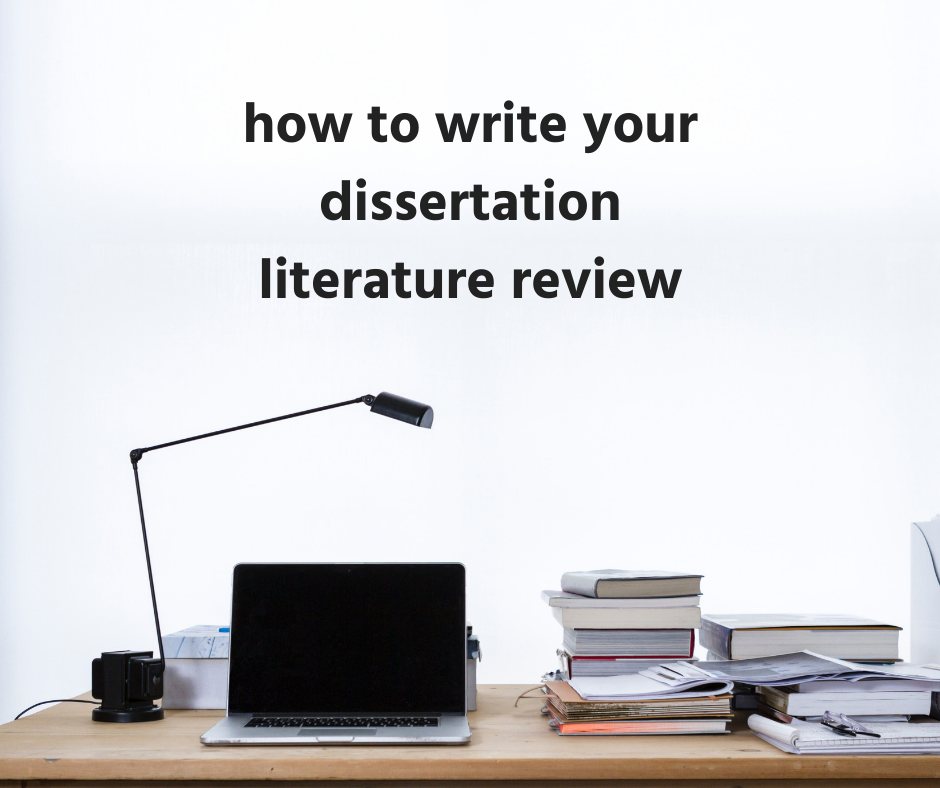
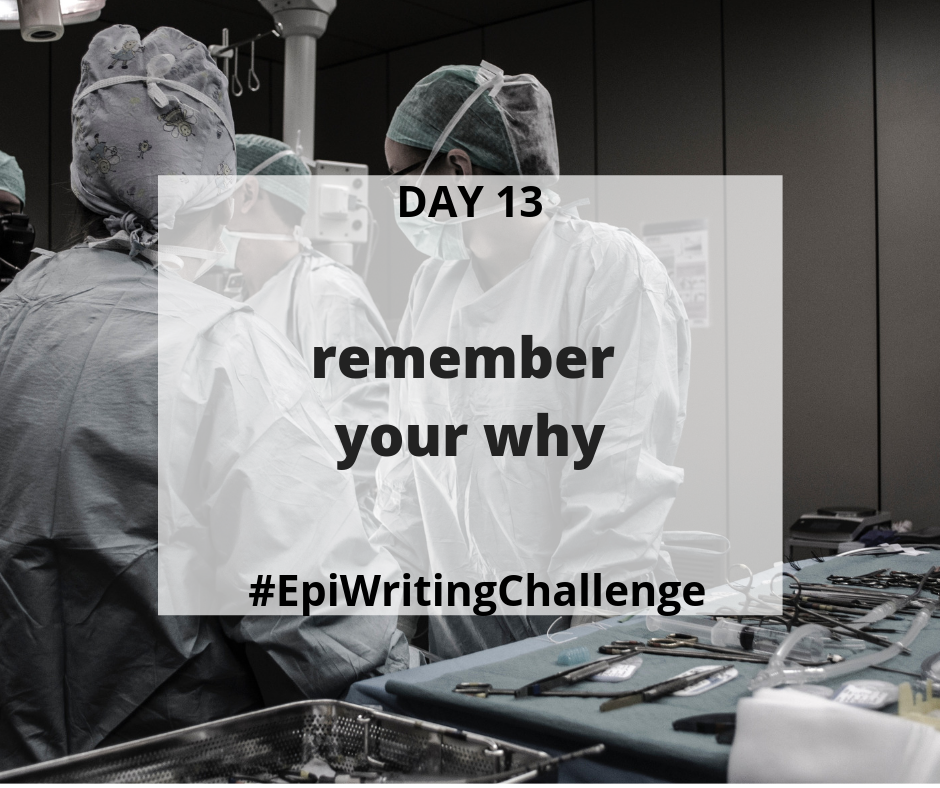
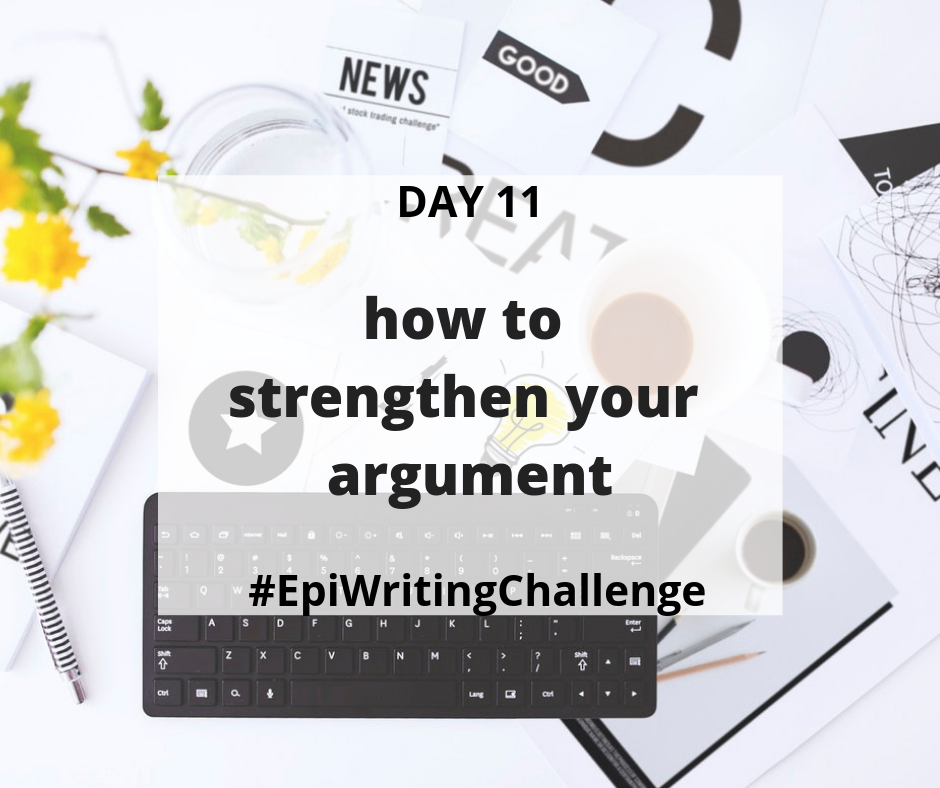
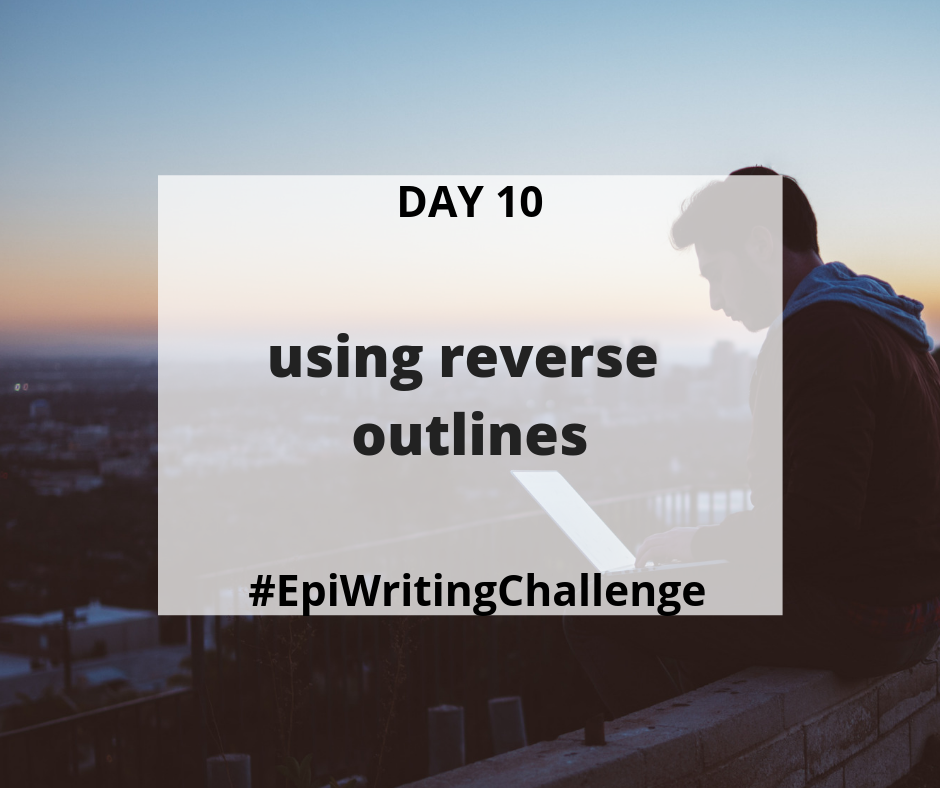
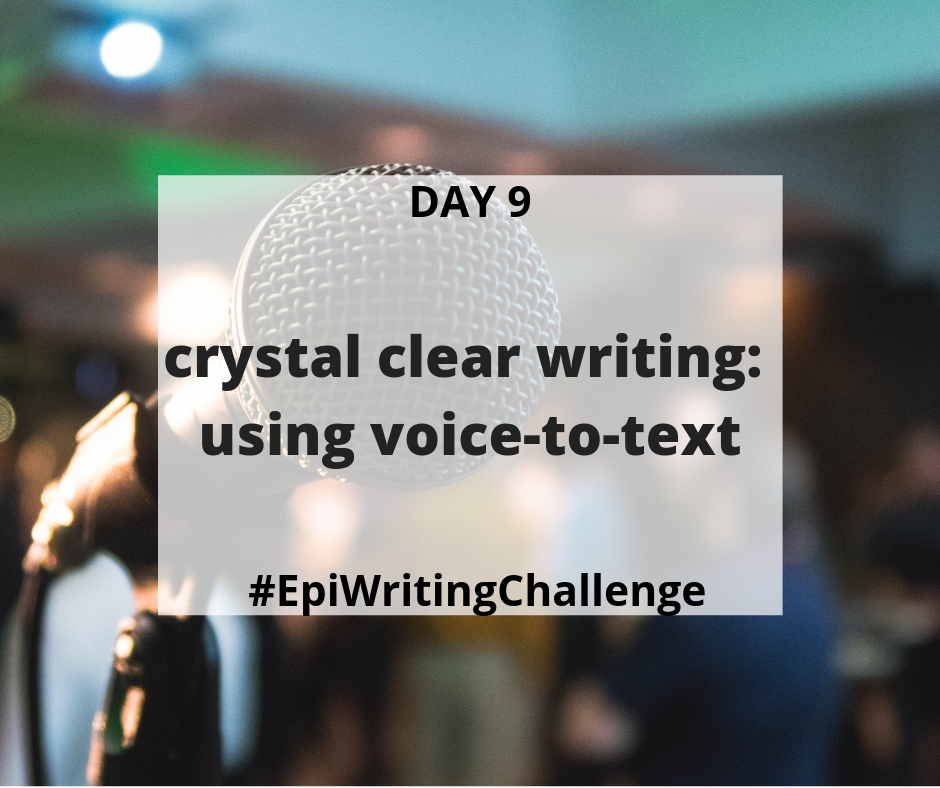
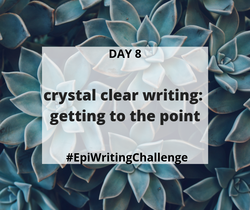
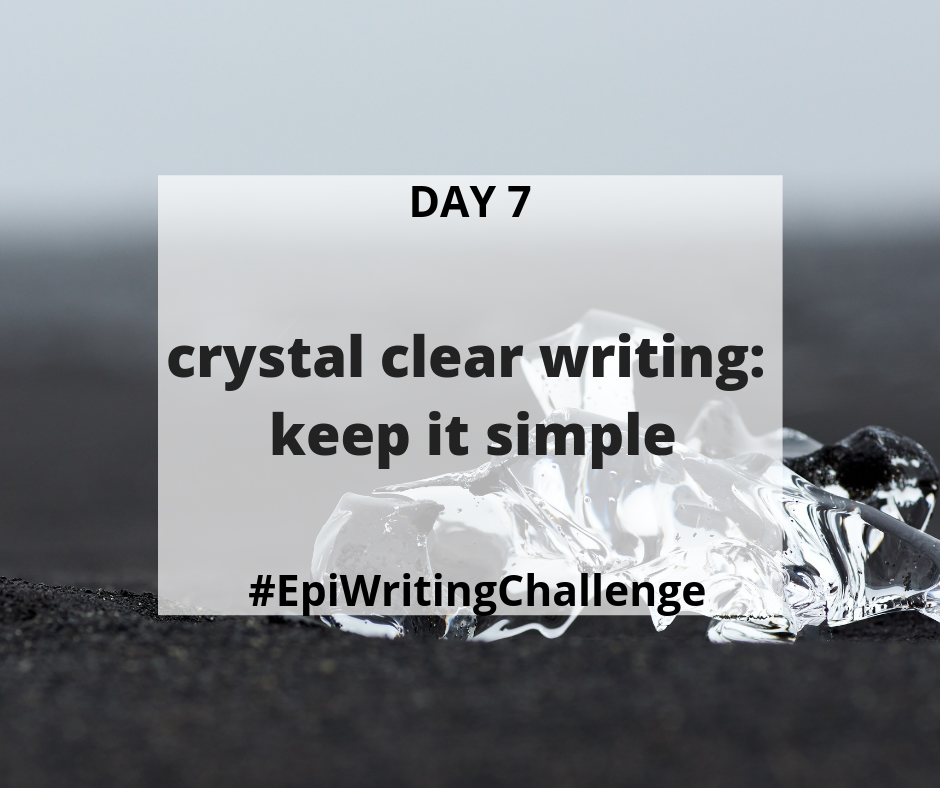
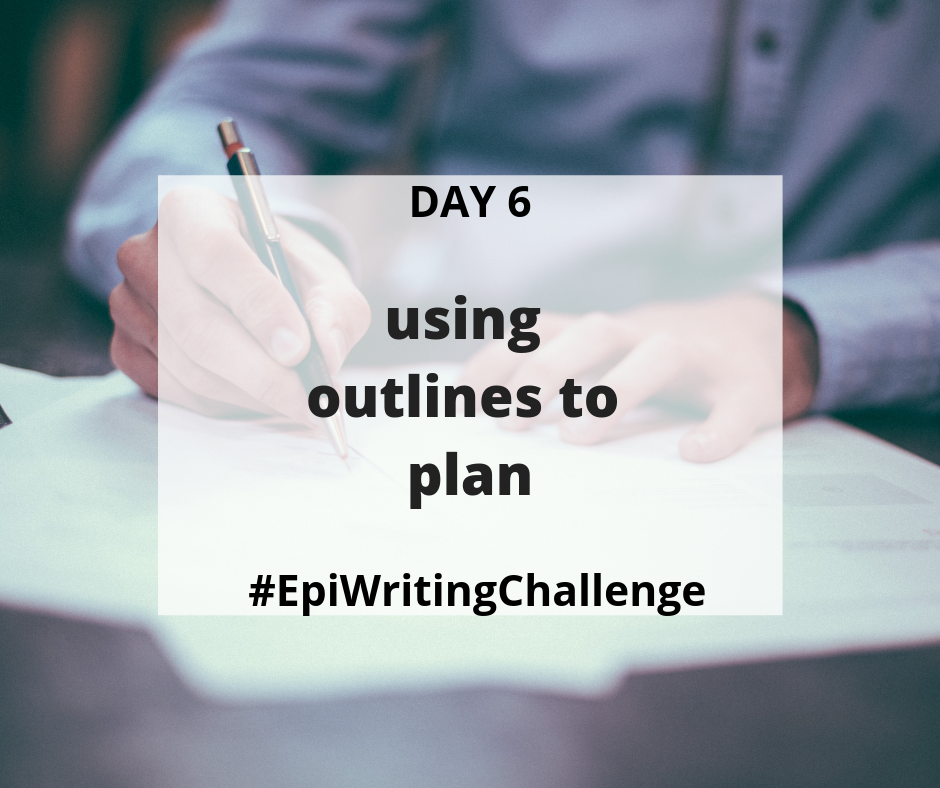
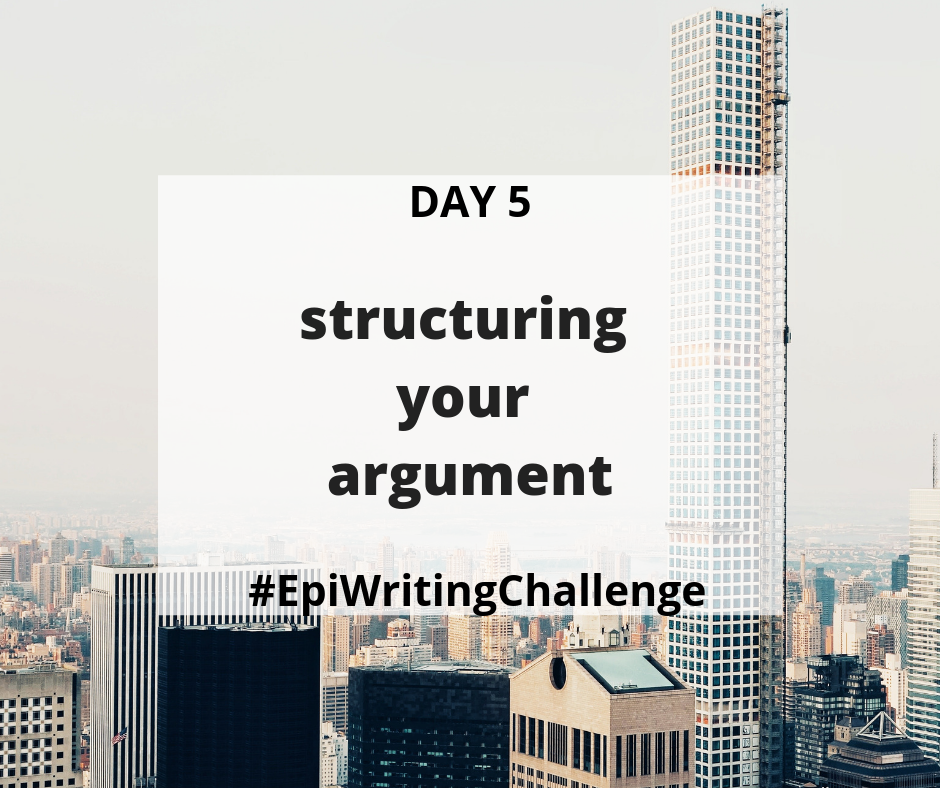

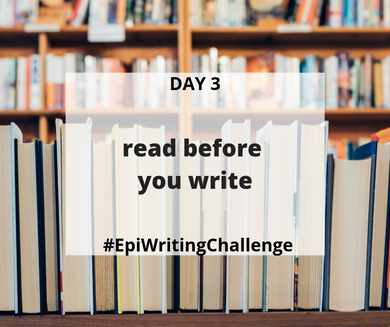
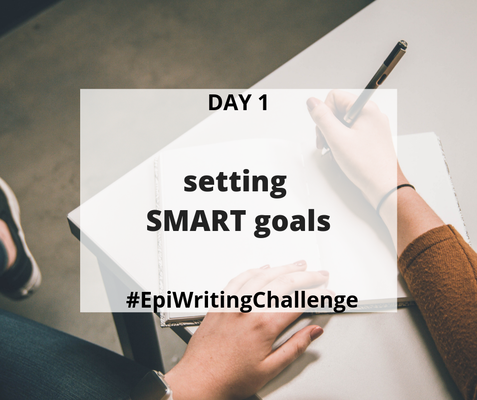
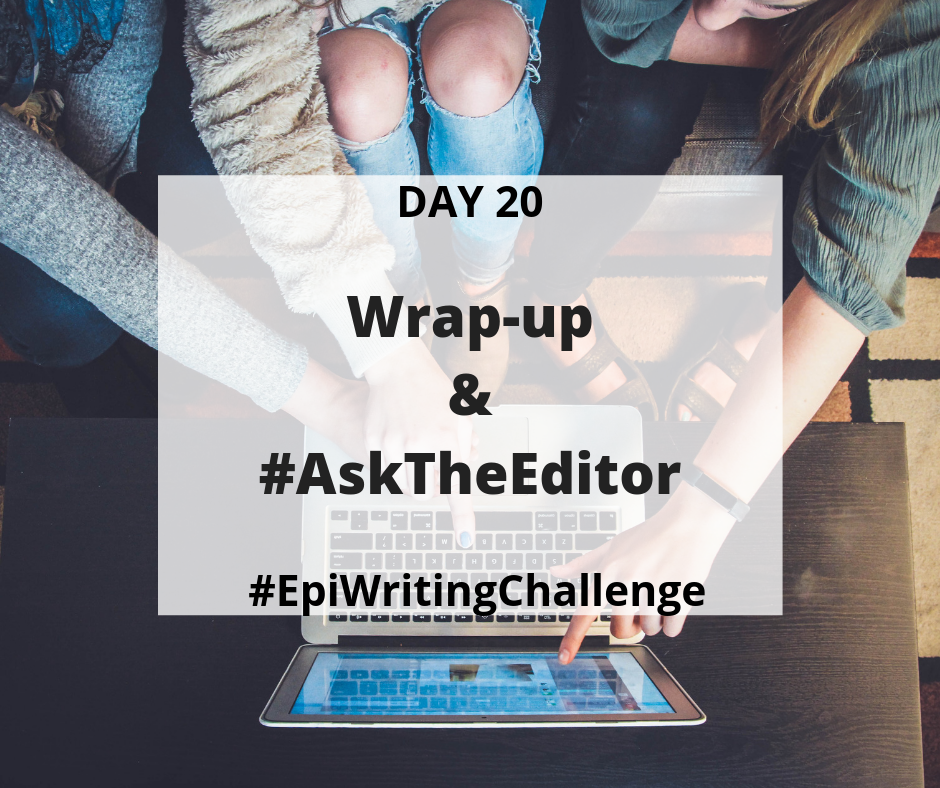
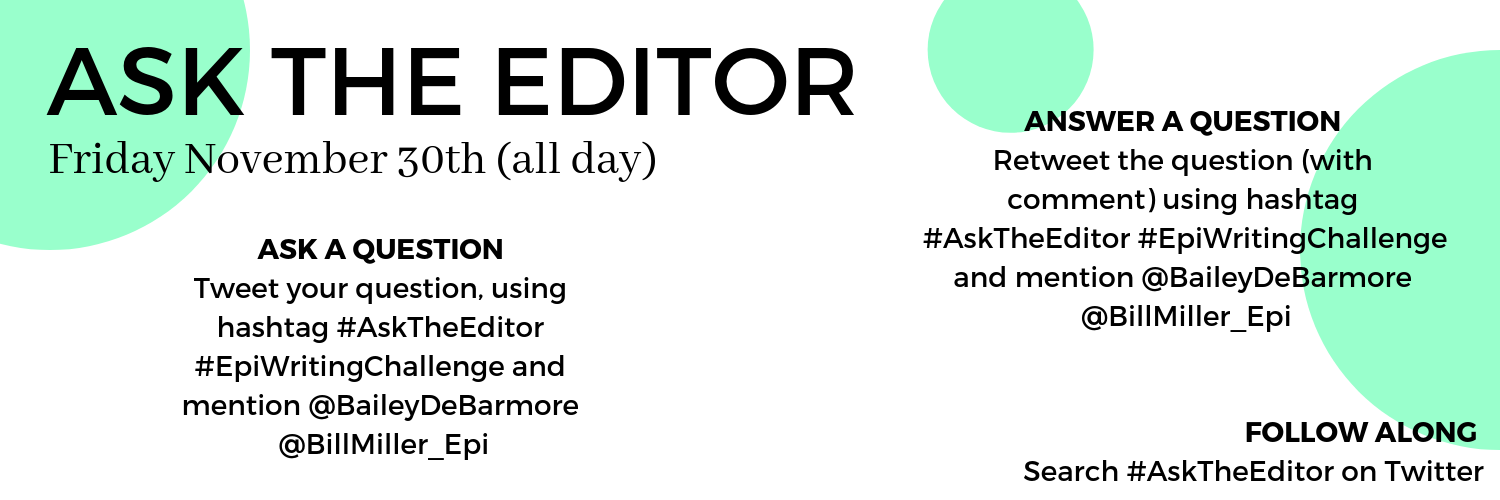
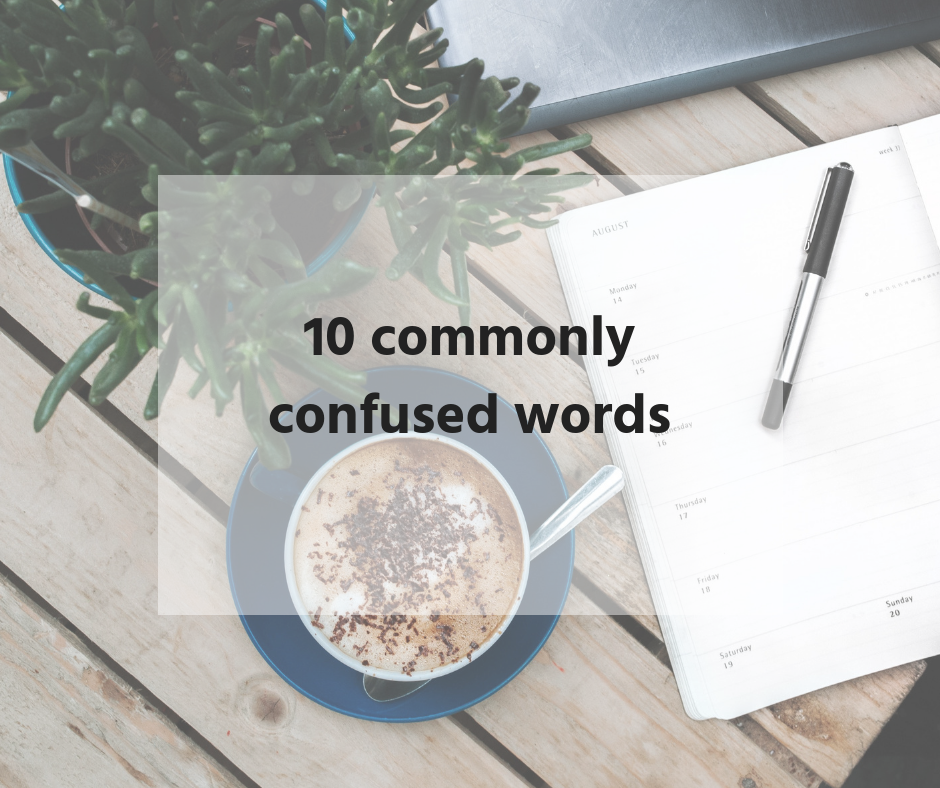

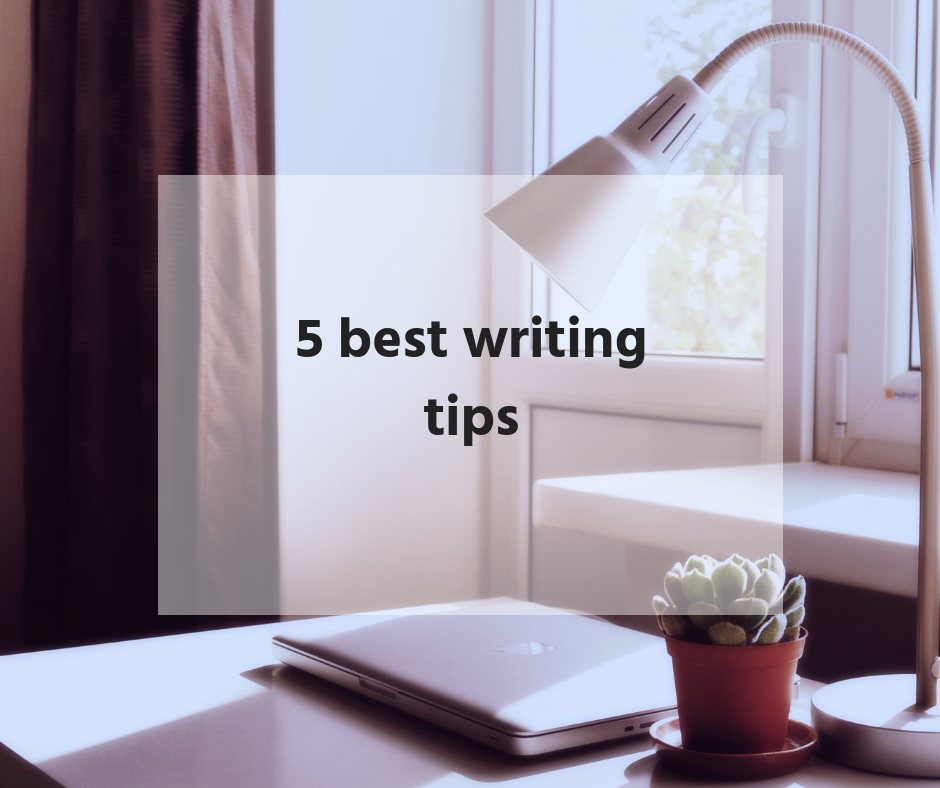

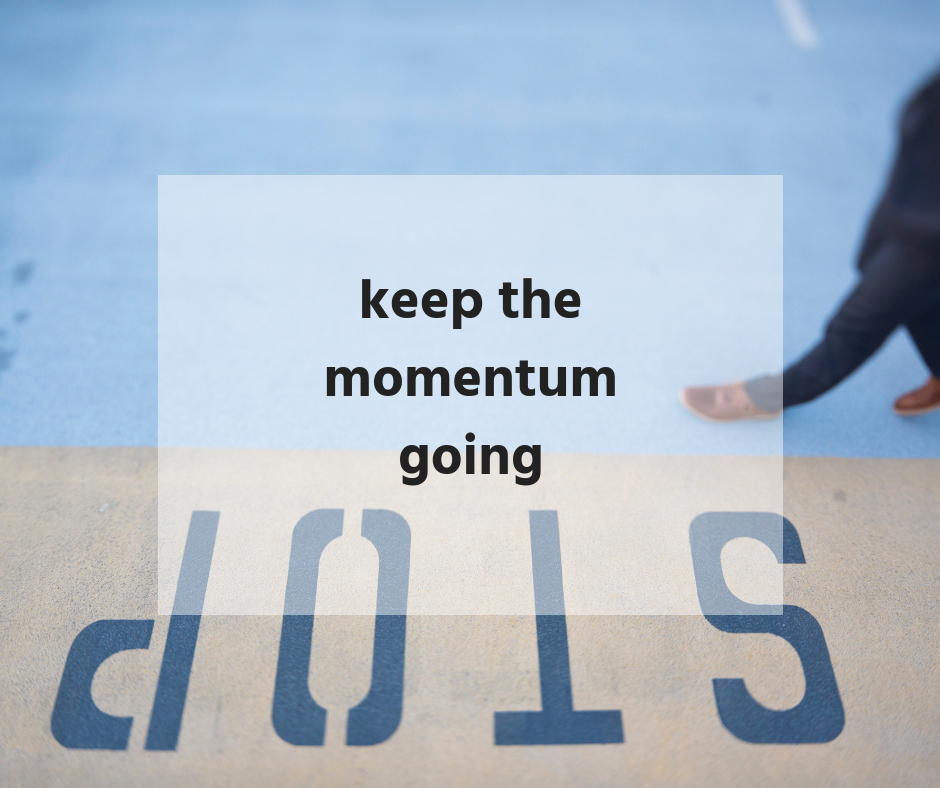

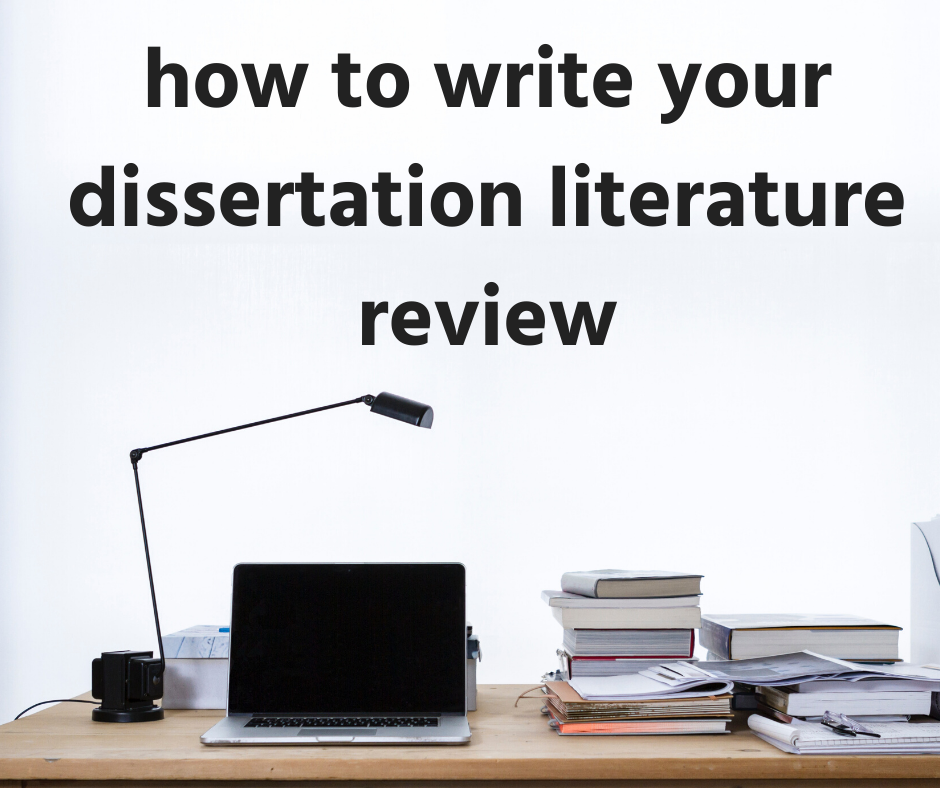

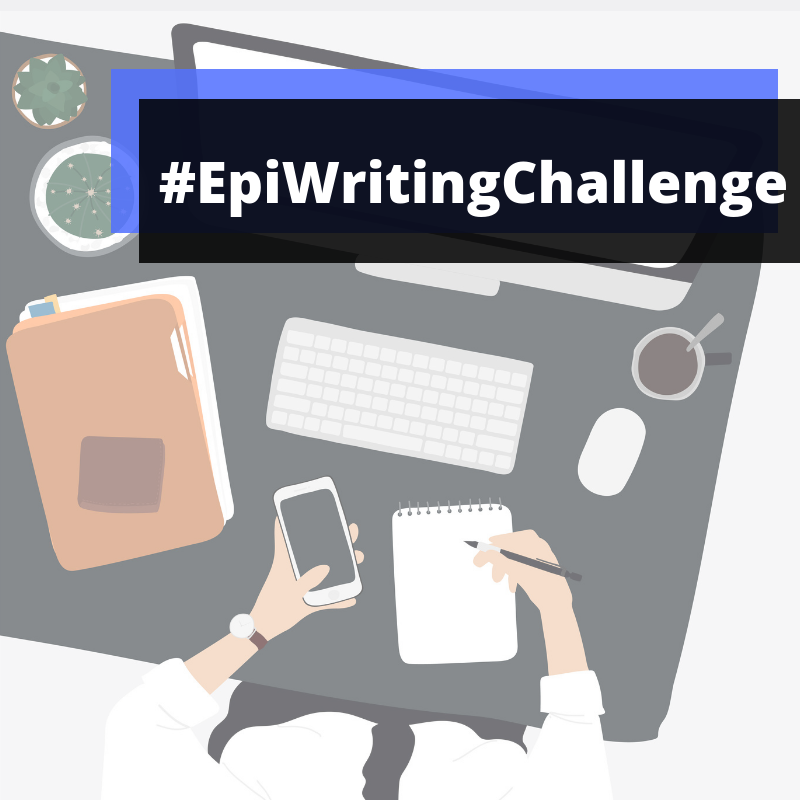

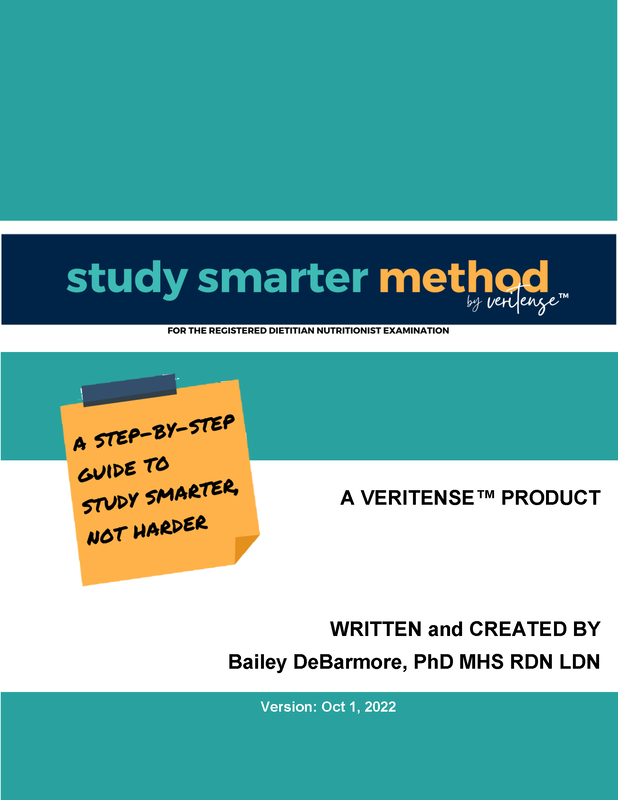

 RSS Feed
RSS Feed